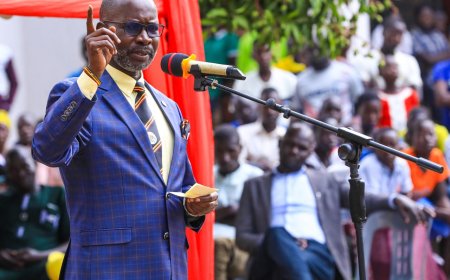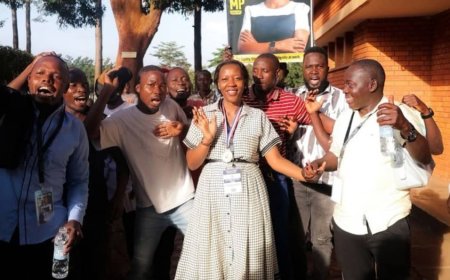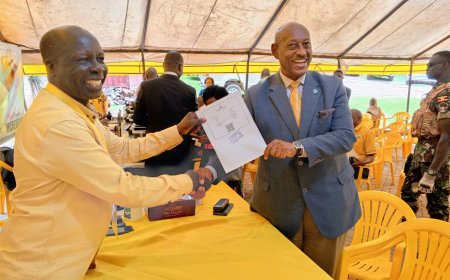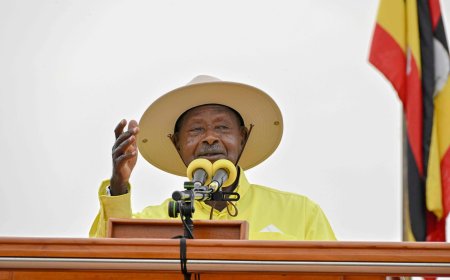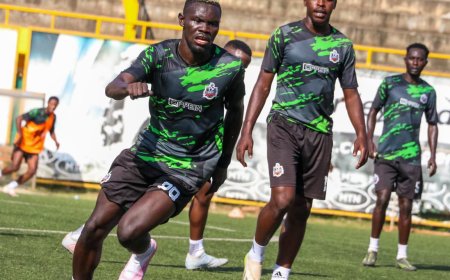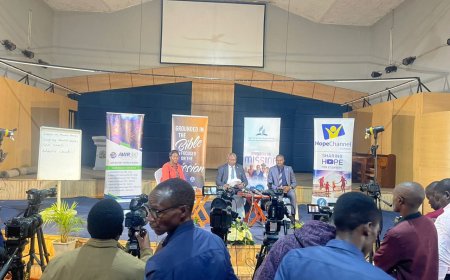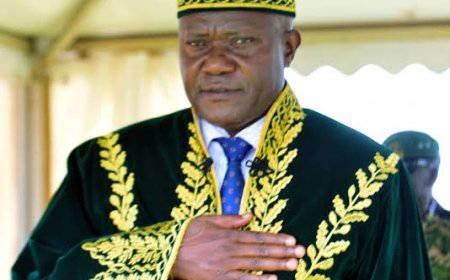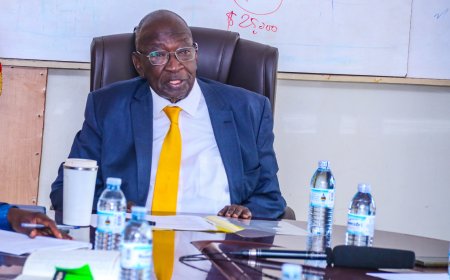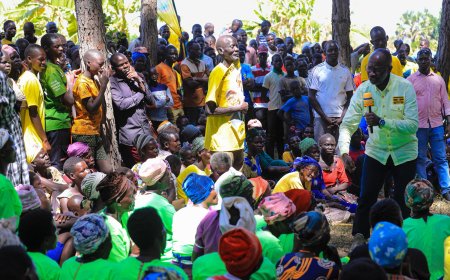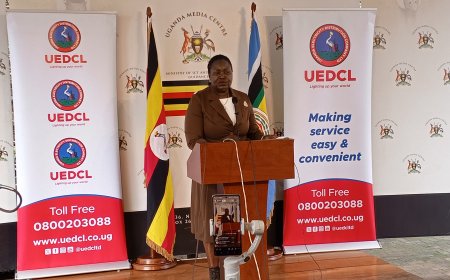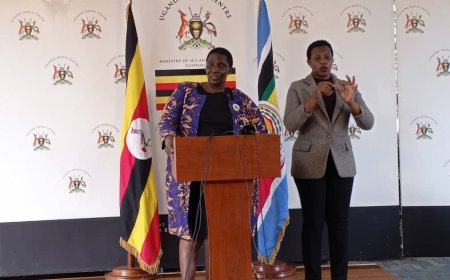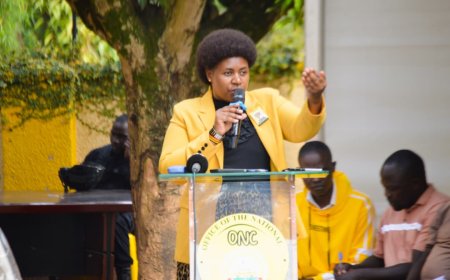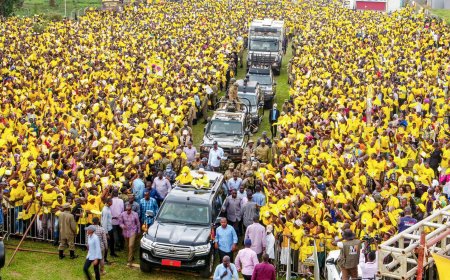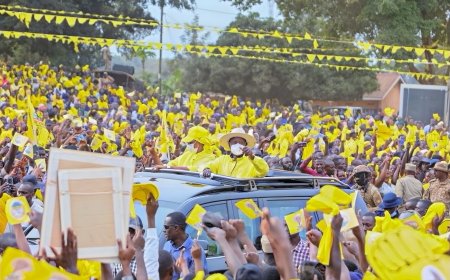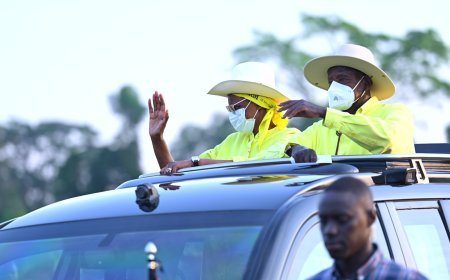Museveni Unveils Infrastructure Plan to Spur Growth in Rubanda and Kigezi
Museveni described Rubanda and the greater Kigezi region as a treasure house of natural beauty and tourism potential, citing attractions such as Lake Bunyonyi, Mgahinga National Park and Bwindi Impenetrable Forest—home to the endangered mountain gorillas. The President emphasised that better transport networks would unlock the full economic value of these destinations.
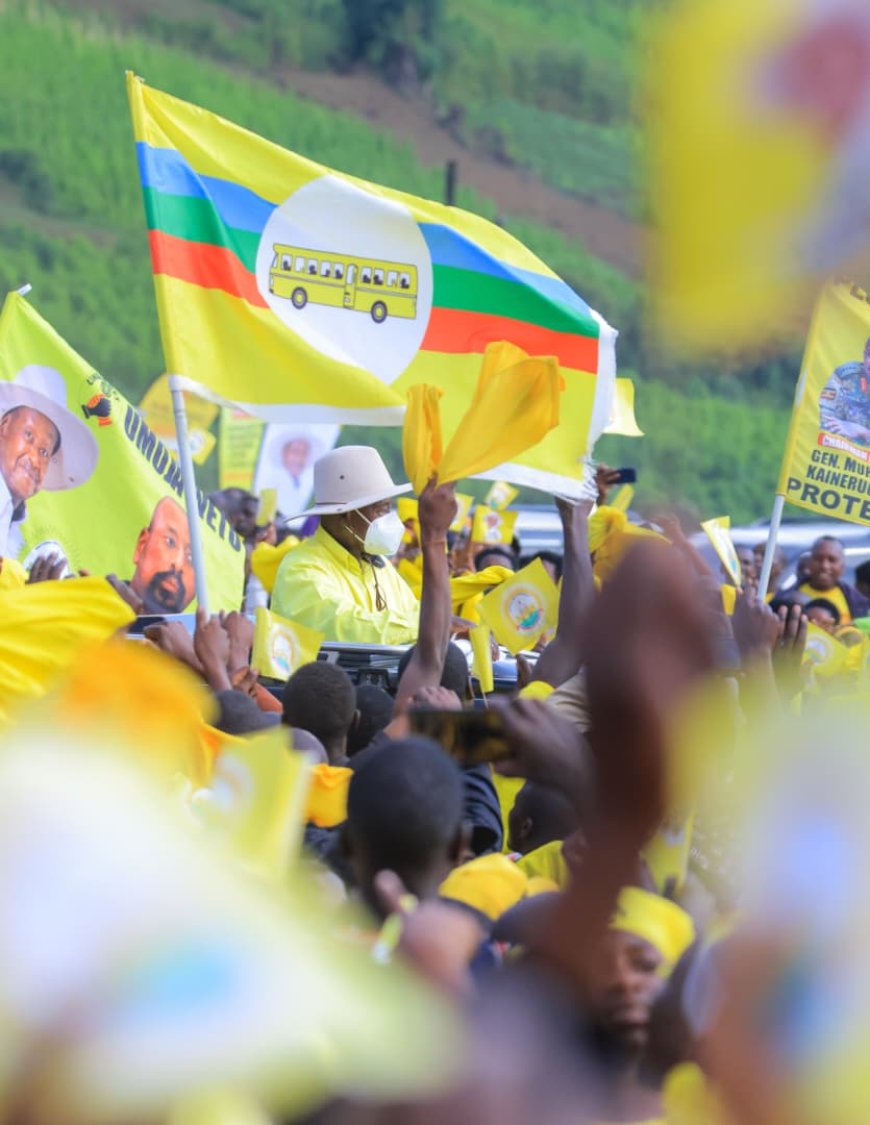
Rubanda District – President Yoweri Kaguta Museveni has vowed to expand and upgrade the road network across Rubanda and neighbouring districts as part of a broader strategy to spur tourism, improve market access, and lift household incomes. The President made the pledge while addressing thousands of supporters during a campaign rally in Rubanda, where he is canvassing votes as the National Resistance Movement (NRM) presidential flag bearer.
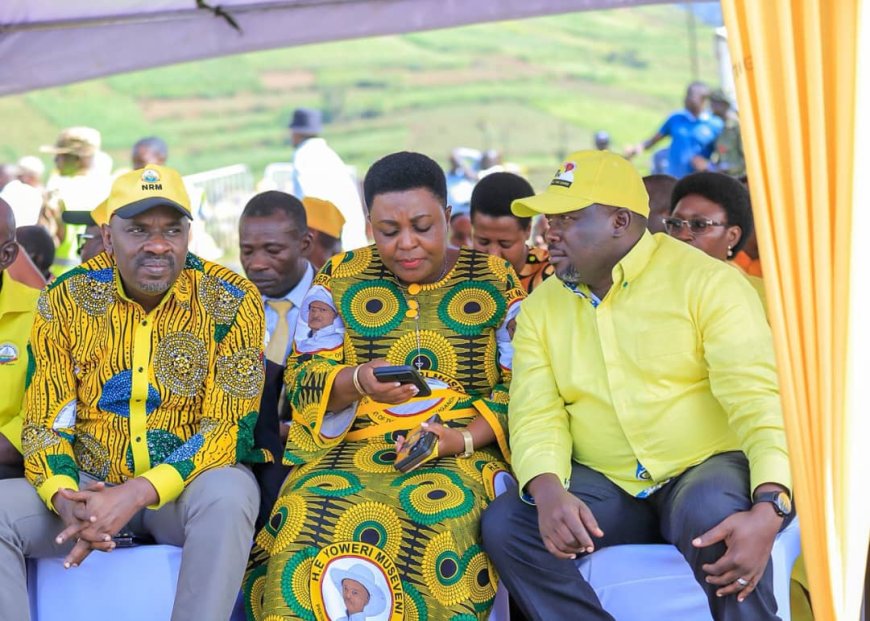
Infrastructure at the Heart of Regional Economic Growth
Museveni described Rubanda and the greater Kigezi region as a treasure house of natural beauty and tourism potential, citing attractions such as Lake Bunyonyi, Mgahinga National Park and Bwindi Impenetrable Forest—home to the endangered mountain gorillas.
The President emphasised that better transport networks would unlock the full economic value of these destinations.
“These strategic roads will boost tourism, improve access to markets and increase incomes,” Museveni said.
He highlighted roads already completed under the NRM government, including the Kabale–Kisoro Road, and announced that funding had been secured for the Katuna–Muko–Kamuganguzi Road. He further assured residents that several key routes—such as the Kisoro–Nkuringo–Buguri–Buko Road, the Kabale–Bunyonyi–Kisoro–Mgahinga stretch and the Hamurwa–Kerere–Kanungu–Kanyantorogo–Butogota–Buhoma/Ifasha–Ikumba Road—will soon be upgraded.
These infrastructure developments are central to the NRM’s 2026–2031 Manifesto, which aims to consolidate peace, stability and economic transformation.
Peace as the Foundation for Development
Museveni reminded residents in Rubanda and Kisoro of their strategic location near Eastern DR Congo, a region long affected by insecurity. He reiterated his government’s role in defeating rebel insurgencies and establishing a climate of peace necessary for investment and tourism.
“After defeating Kony and the other rebel groups that once disturbed our people, we secured this peace. And we must protect it,” he remarked.
Advancing the Household Wealth Agenda
A key component of Museveni’s message was household wealth creation. He praised earlier generations of progressive farmers in the 1960s who embraced modern livestock farming, transitioning the region from low-income nomadic grazing to commercial dairy production.
He urged families with limited land to adopt the Four-Acre Model—an approach he has long championed to promote intensive and profitable farming.
Under this model, one acre is dedicated to coffee, another to fruits, a third to pasture for dairy cattle, and the fourth to food crops for household consumption. Additional enterprises such as poultry, piggery and aquaculture can be established in the backyard. Museveni noted that aquaculture alone can bring in up to Shs 80 million annually from a one-acre fish pond.
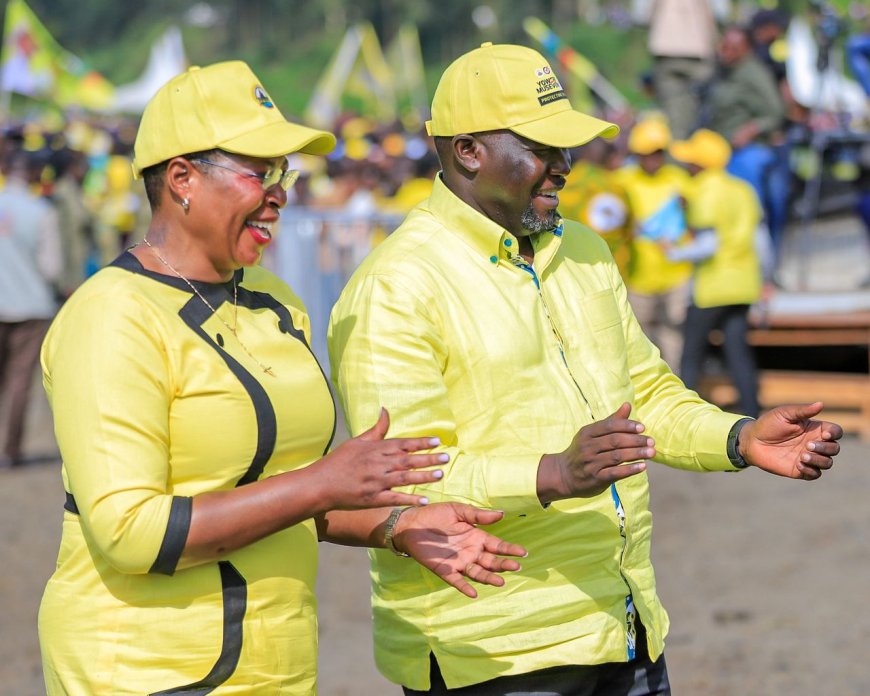
He cautioned PDM beneficiaries against misusing or failing to repay funds, stressing that the Parish Development Model is meant to create a sustainable local financing system.
“This PDM is your bank. It is not a giveaway. It’s a revolving fund meant to uplift you from poverty,” he warned.
Strengthening Local Leadership
During the rally, the President also presented NRM flags to parliamentary, district and local council candidates from Rubanda, effectively endorsing them ahead of the 2026 general elections.
Hon. Henry Musasizi, State Minister for Finance (General Duties) and Rubanda East MP, expressed gratitude for government efforts in expanding education, health care, water and electricity in the district. He called for intensified policing to tackle village-level thefts that disrupt community livelihoods.
Former Prime Minister Dr. Ruhakana Rugunda welcomed the President to Kigezi and appealed to residents to continue supporting the NRM and its development agenda.
Education, Health and Water Services Improving
Rubanda District has registered significant progress across various service sectors. The education landscape now comprises 110 government primary schools and 81 private ones. There are nine government secondary schools and 29 private institutions, with USE and UPE programmes supporting over 5,000 learners.
Of the 70 parishes in the district, 45 have a government primary school. Two new Seed Secondary Schools are under construction to reduce the number of sub-counties lacking government education facilities.
The health sector has also expanded. Muko Health Centre IV has been upgraded, and plans are underway to elevate other facilities to HCIII level. New HCIIIs are being established in Bubaare, Kacere and Katojo. Rubanda West currently hosts a general hospital, while Rubanda East has a functional HCIV.
Access to safe water has improved through the construction of protected springs, gravity flow schemes and upgraded town water systems in Rubanda, Muko, Hamurwa, Bufundi and other areas. However, 46 percent of villages still lack adequate water supply. Upcoming piped water projects are expected to serve communities in Nshanjare, Katojo and Mugyera.
Power Access and Economic Empowerment Expanding
Rubanda is now fully connected to the national electricity grid, with ongoing efforts aimed at extending power to remaining underserved sub-counties.
On economic empowerment, district data shows significant uptake of government livelihood programmes. At least 20,733 households have benefitted from PDM funds, while Rubanda has 32 Emyooga SACCOs boasting nearly 21,000 members across various enterprise categories.
A Vision for an Integrated, Prosperous Rubanda
As the campaign trail winds through Kigezi, Museveni’s message to Rubanda residents was clear: peace, modern infrastructure, and organised household enterprises remain central to lifting communities out of poverty.
With new roads planned, improved service delivery recorded, and economic empowerment programmes expanding, Rubanda is poised to strengthen its position as a key tourism hub and a growing economic zone in southwestern Uganda.
